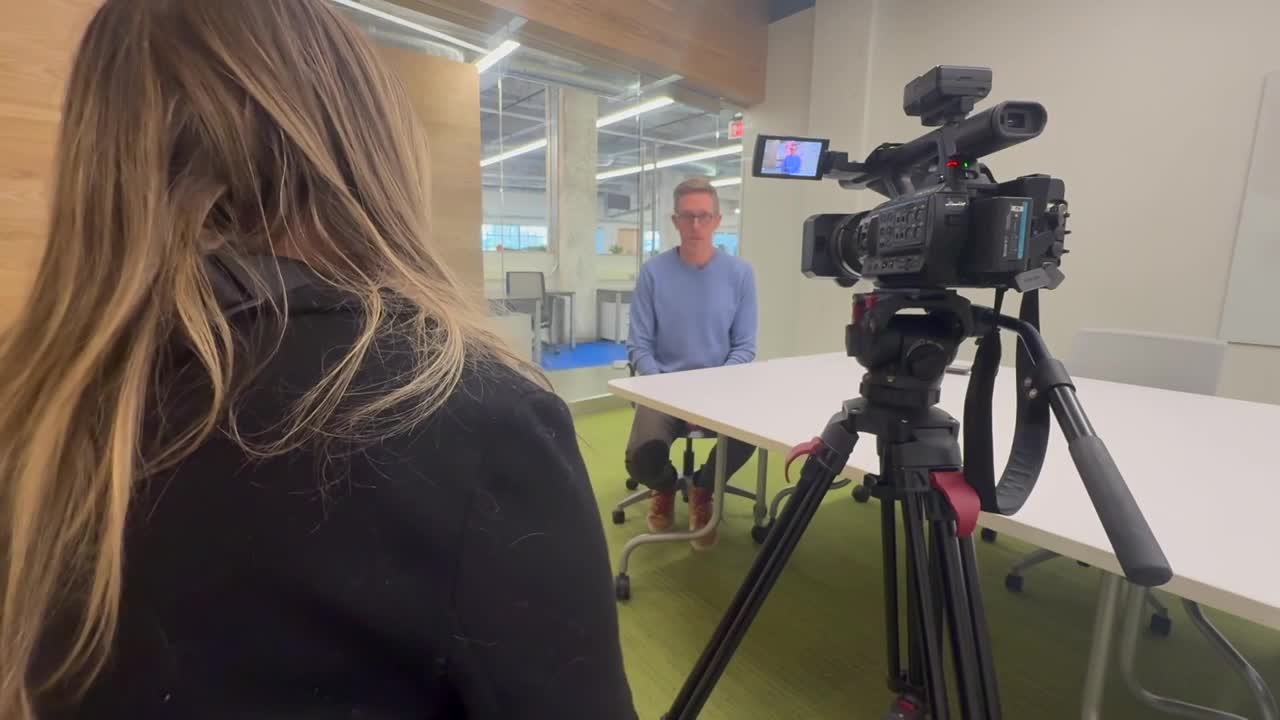Omaha Public Power District customers could see their electricity bills rise next year as the utility faces mounting costs and increased demand across the metro area.
"Omaha's economy is growing, and part of what growth means is that we need more transmission, we need more generation, and all of those things," Moody said. "We're competing in order to build all of those things, and the laws of supply and demand are pushing those costs up."
The OPPD board received a draft budget for 2026 that includes rate increases for all customers. Board Treasurer Craig Moody said construction costs have skyrocketed, with materials like concrete and copper up 30 to 60% over the past five years.
"There are a lot of pressures on us financially speaking that are going to affect ratepayers," Moody said.
On average, customers could see a 6% increase in the first year, followed by increases of 5 to 9% over the next few years.
The utility is also dealing with increased demand from data centers, hospitals, and manufacturing growth.
"The Southwest Power Pool, which is our regional transmission organization, has required that we keep additional capacity available in order to ensure that our customers' needs are met," Moody said. "So our peak demand plus in the winter it's 36%. As that number goes up, that means that we need more and more generation to meet those demands."
I spoke with consumers outside of Creighton's game to gauge their reaction to the potential rate increases. Many expressed concern about having to pay for increased costs driven by large commercial users like data centers.
"I'd like to have my rates go down actually, but, and if they're going up, then something's gonna have to change," Zachary Kraft said. "I'm gonna have to make more money somehow."
Another customer preparing for retirement said any price increases make them wary.
Several consumers questioned why residential customers should bear the cost of powering data centers for major tech companies.
"I don't mind paying for the hospitals, but the data centers, I mean, Google can pay," John Hassett said. "I don't think I want to pay for that."
"I'm not contributing to that. I'm not using more power. I've been the same as always, and at these big companies, they have a lot of money, so they should be the ones that are funding it," Charlie Wood said.
The board will vote on the rate increases at its meeting on December 18.
This story was reported on-air by a journalist and has been converted to this platform with the assistance of AI. Our editorial team verifies all reporting on all platforms for fairness and accuracy.




